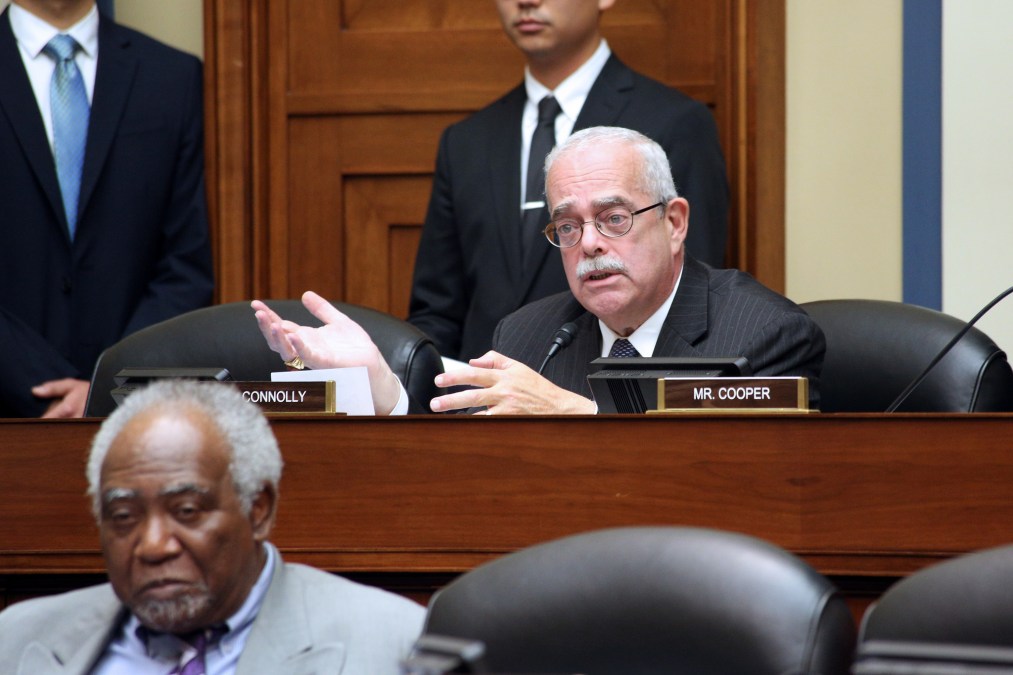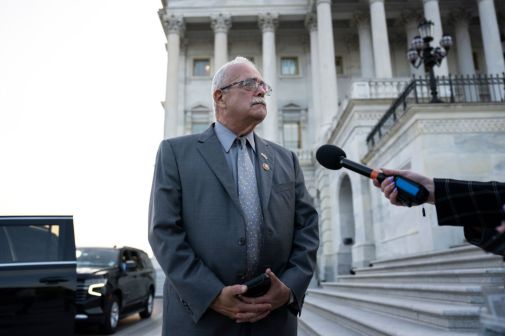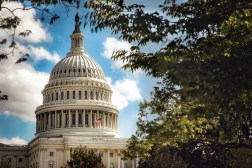FITARA extensions proposed for House’s 2018 NDAA

A new measure proposed for addition to the House version of the fiscal 2018 National Defense Authorization Act would extend key provisions of the Federal IT Acquisition Reform Act that are set to expire soon.
The bipartisan amendment, proposed by original FITARA co-author Gerry Connolly, D-Va., and adopted by the House on Wednesday, would extend three provisions of the original law: data center consolidation; transparency and risk management of major IT systems using the IT Dashboard; and IT portfolio, program, and resource reviews using PortfolioStat.
Those provisions are set to sunset in late 2018 and 2019. FITARA, initially introduced in 2013, was signed into law by President Barack Obama as part of the 2015 NDAA.
“We are committed to the successful implementation and oversight of FITARA,” Connolly said in a statement. “Previous major IT reform efforts have fallen short of their potential because of a lack of congressional oversight. I will not let that happen with FITARA.”
The IT Dashboard and PortfolioStat provisions would be made permanent if the NDAA is signed into law with the amendment. The data center consolidation provision would be extended by two years to sunset Oct. 1, 2020.
“In working with GAO and OMB on FITARA implementation, we have found that there are areas of FITARA that would benefit from an extension of their original sunset date,” Connolly said.
He added: “Very simply, the federal data center problem is bigger than we initially thought. In 2009, the government estimated it had roughly 1,100 data centers. In reality, by 2015 we found we had more than 11,700. We are potentially leaving money on the table when it comes to data center consolidation if we allow FITARA’s data center reporting and planning requirements to expire in 2018.”
Darrell Issa, R-Calif., a co-sponsor of the original law, also co-sponsored this amendment.
Connolly’s office said it expects passage of the House’s 2018 NDAA on Friday. The annual defense authorization bill typically carries many non-defense provisions.
If passed, the Senate would still need to come to an agreement with the House on its version of the bill before presenting it to the president for signature.






